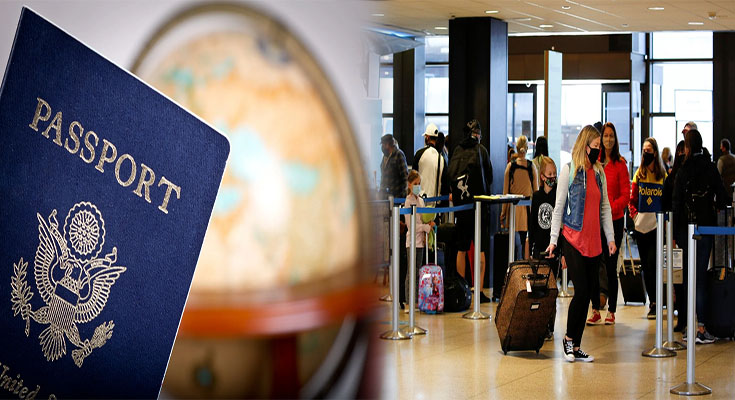In recent months, the State Department has made significant changes to its travel advisories, leaving many travelers wondering about the impact on their travel plans. These changes have not only sparked interest but have also raised concerns among those planning to travel internationally. Here, we will take a closer look at the implications of these recent updates and how they could affect your upcoming travel.
Understanding the Changes
The State Department regularly issues travel advisories to inform U.S. citizens about the current security status of countries around the world. These advisories are categorized into different levels, from Level 1 (Exercise Normal Precautions) to Level 4 (Do Not Travel). The recent changes to these advisories have led to adjustments in the levels assigned to various countries, which has the potential to impact travelers’ decision-making processes.
Implications for Travel Plans
One immediate impact of the revised travel advisories is the potential alteration of travel plans. For instance, individuals who were planning to visit countries that have been upgraded to a higher advisory level may now have to reconsider or reassess their travel decisions. On the other hand, those planning to visit countries that have been downgraded to a lower advisory level may feel more confident proceeding with their travel plans.
Changes in Travel Insurance
Another aspect to consider is the potential impact on travel insurance. With the heightened or lowered security levels of different countries, there could be corresponding changes in the coverage and pricing of travel insurance policies. It is crucial for travelers to review their insurance policies in light of these recent advisory changes to ensure they are adequately covered for their specific destinations.
Airlines and Travel Agencies Response
Furthermore, the recent changes in travel advisories may prompt adjustments from airlines and travel agencies. Travelers should stay informed about any potential changes in flight schedules, routes, or travel packages that could arise as a result of the revised advisories. Proactive communication with airlines and travel agencies is advisable to stay updated on any developments that could impact existing travel plans.
Personal Safety Considerations
Finally, the foremost concern for travelers should be their personal safety. While the travel advisories provide valuable insights, it is essential for individuals to conduct thorough research and assessment of the current situation in their intended travel destination. This might involve consulting multiple sources, such as local news, diplomatic missions, and travel forums, to gain a comprehensive understanding of the on-ground realities.
The recent State Department travel advisory changes have the potential to significantly impact travel plans. It is crucial for travelers to stay informed, assess the implications on their specific travel plans, review their insurance coverage, and prioritize personal safety considerations. By staying proactive and well-informed, travelers can navigate these changes and make well-informed decisions when planning their trips.





